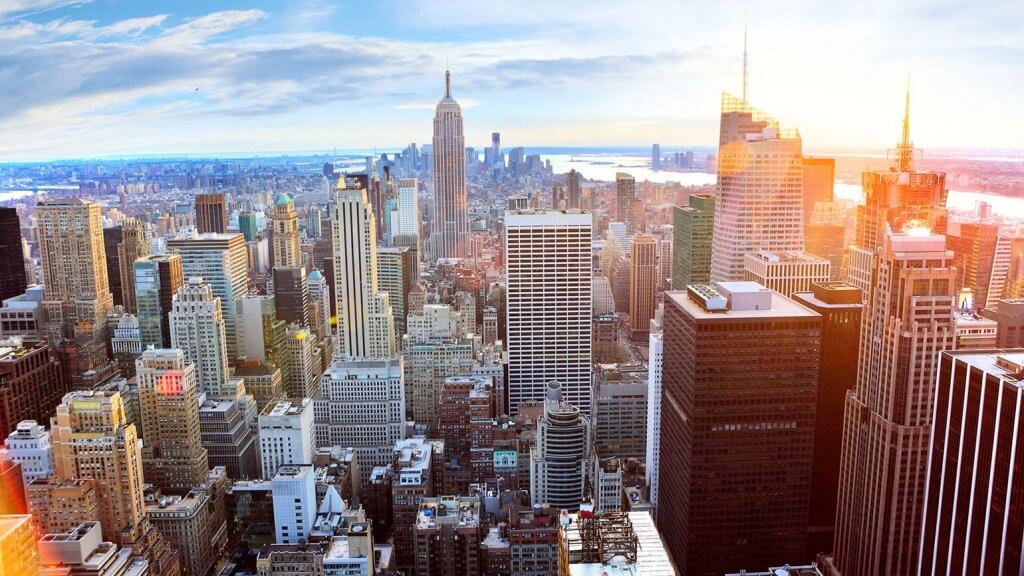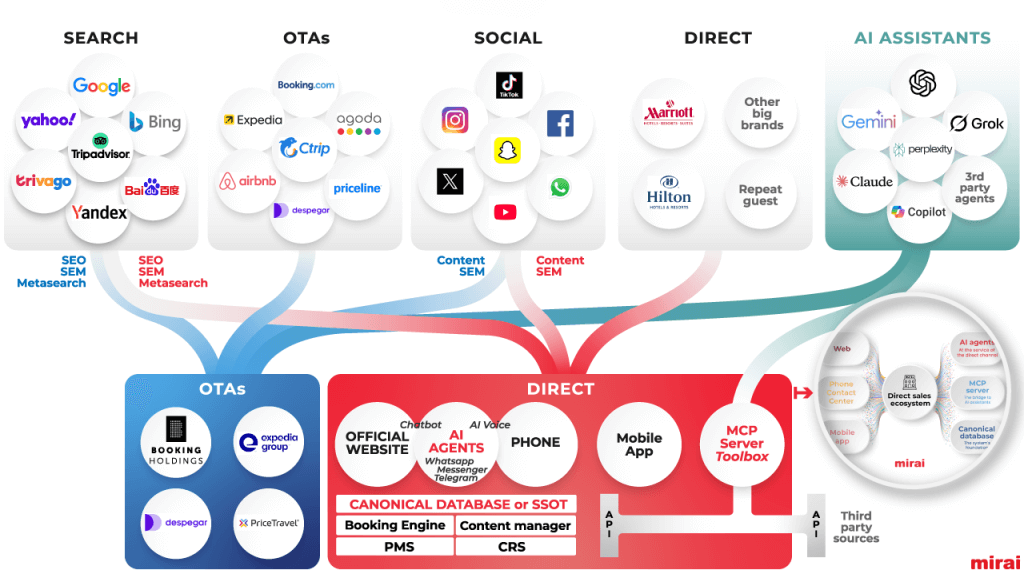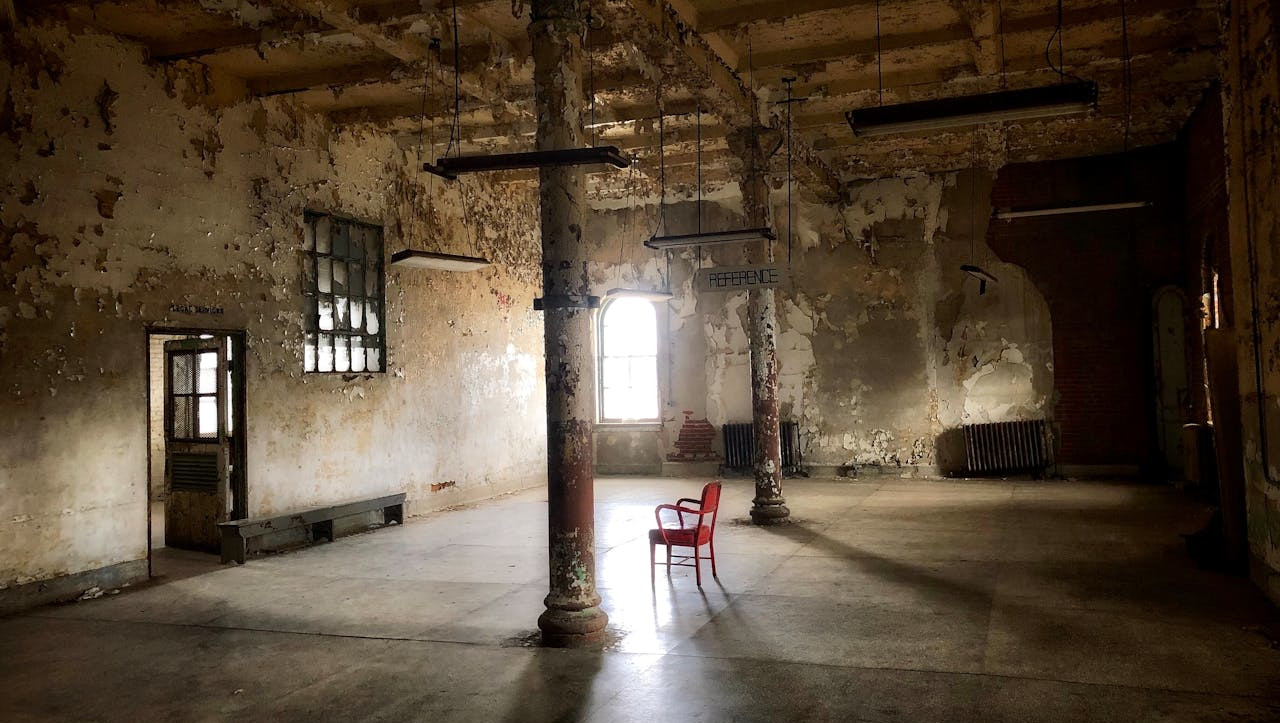
It’s no secret that in the age of social distancing and travel bans, the hospitality industry is hurting, but real estate industry professionals are seeing long-term potential, especially in New York City.
NB: This is an article from Forbes
The current picture is certainly dire. New York City has a larger percentage of still-closed hotels than any other market in the US: approximately 75% of hotels that closed as Covid-19 hit remain closed. This includes a number of larger, 300-room-plus full-service flagship hotels.
Subscribe to our weekly newsletter and stay up to date
“In the early days of the pandemic, many unions were operating in August and September under the assumption that there would be a post-summer recovery of travel from business travelers,” said Evan Weiss, COO of LW Hospitality Advisors. “But recovery remains a slog. There’s been plenty of coverage on the economic strain the city is enduring, but what’s driving resident reactions is more psychological and sociological. It’s about the decisions people are making when it comes to tourism and activities outside of the home, based on how comfortable they feel traveling.”
Many unions are considering a shutdown through March in the face of sparser demand. In general, vertical, urban, union-operated markets are difficult to reopen right now because they rely heavily on international travel, especially in gateway cities where international travel is nearly non-existent compared to previous levels.
Additionally, hotels in gateway markets like New York City rely on corporate group travel as a baseline foundation and this type of travel is down dramatically right now. Most conventions and meetings are simply not happening yet. Some leisure travel is being seen within the U.S., but urban markets like Chicago, New York, Seattle and San Francisco are not enjoying their historical norm of leisure travel. Within New York, museums and restaurants are operating at limited capacities, while attractions like Broadway and sports and concert venues are closed to crowds.




